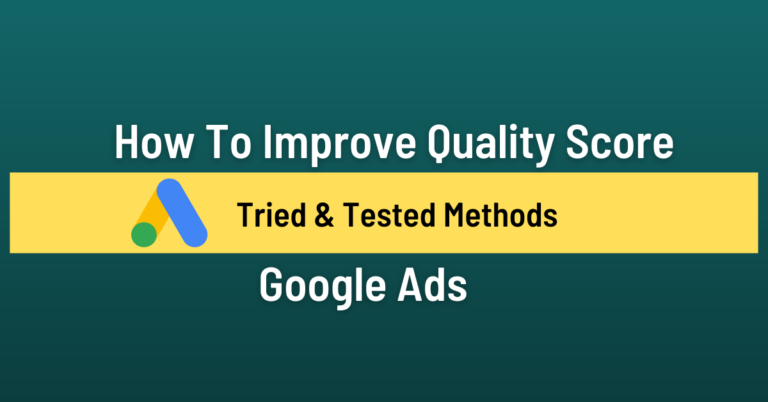How Search Engines Work: Crawling, Indexing, Results
How do Search engines work? Search engines go through various stages while delivering results to the user’s search query. SEO results are based on keywords. Below are the stages of search engines Crawling, Indexing & Datacenter.
What is Search Engine Optimization(SEO)?
Search Engine Optimization is the process of getting your website listed as high as possible on the Search Engine Result Pages (SERP).
Job Of a Search Engine?
The Job of a good search engine is to display the most relevant website or webpages as per the user search query. The results are based on the user search query. Google delivers almost 5.6 billion searches per day.
What is Indexing? What are Bots, Spiders, or Crawlers?
Google and all search engines have Software programs called Bots, Spiders, or Crawlers. Which are searching for new Websites and Webpages 24/7 on the internet.
After finding new Webpages they store the copies of these pages into their Database as per the keyword. This process is called Indexing and this is the most important function of a Search engine.
Read This Post: Best Landing Page Tips To Get More Conversion
Google Data Centers
Google or other search engines stores the data in a huge database called a data center. Data centers are active 24/7 with the highest level of security. Only a few members have access to those data centers. They have billions of web pages stored across thousands of machines.
How Google Serves Results to User Query? How Search Engines Work?
Google always believes in quality. It gives priority to user experience. After getting search queries from Users. Google tries to give the best results which are relevant to the user’s search query. It takes into account various factors such as user location, keywords, device, language, etc. Google will never accept payment to rank higher. The ranking is done with the help of algorithms.
This is how search engines work.







2 Comments